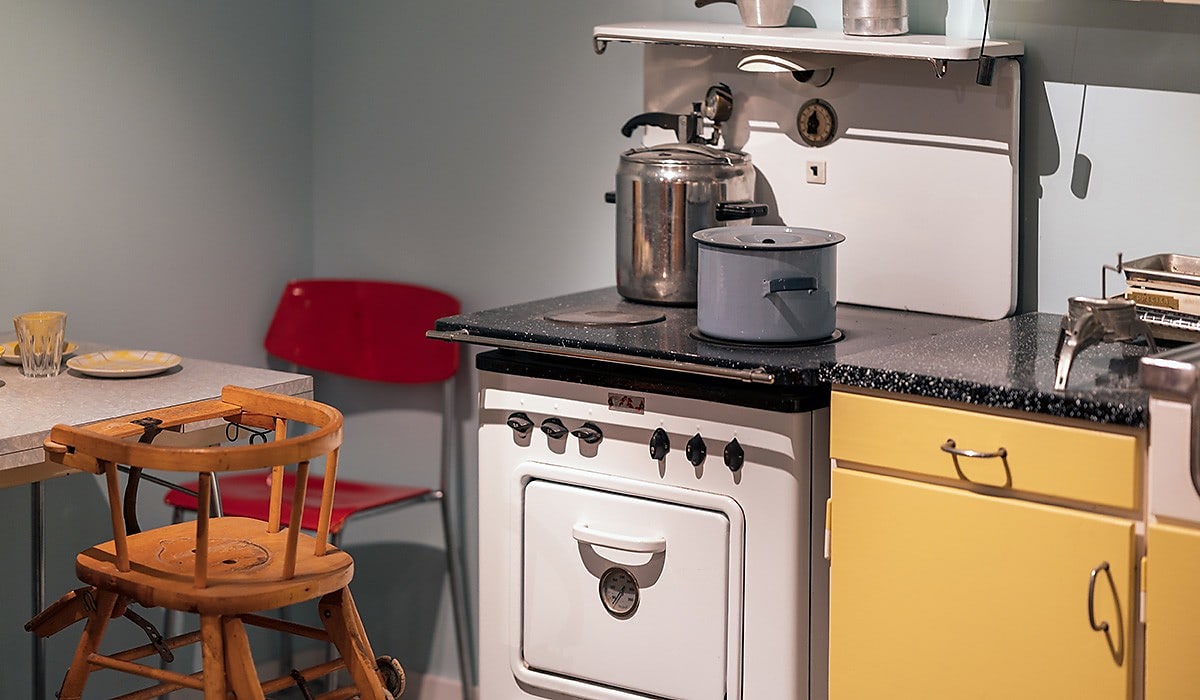Holding on to the family home until you die? Watch out for CGT
If your next-of-kin sell the family home after your death, there are two rules they need to follow to avoid getting slapped with a hefty capital gains tax (CGT) bill.

While selling a primary place of resident is usually exempt from CGT, this can change if the home becomes part of a deceased estate.
You’re out of free articles for this month
To continue reading the rest of this article, please log in.
Create free account to get unlimited news articles and more!
Chris Holloway, senior manager of taxation services at Equity Trustees, explained: “When it comes to passing on the family home, there needs to be a plan to ensure the next of kin doesn’t end up with a large tax bill.”
“Part of this is knowing the purchase date of the property and the rules surrounding CGT,” he said.
Homes purchased before 20 September 1985 are exempt from CGT, even if they were not used as the owner’s main residence just before death.
However, homes purchased after that date are only eligible for a CGT exemption if they were the owner’s primary place of residence before death and were not used to generate income.
In either case, two additional rules apply to the next-of-kin looking to their deceased loved one’s home:
- The dwelling was sold and settled within two years of the owner’s death.
- From the time of the owner’s death, the property was not used to generate income and was the main residence of the deceased person’s spouse, beneficiary, or someone else who had a right to occupy the dwelling under the will.
“A will is key with respect to this,” Holloway explained.
He noted that even if all the criteria for a full CGT exemption have not been met, “a partial exemption may apply”.
“This is determined by considering the time the property was used as the main residence versus other uses,” he said.
“Despite the perceptions, main residence is not automatically CGT exempt. It is important to know the tax rules or speak to an industry expert who can help guide you through the nuances of main residence CGT exemptions,” Holloway concluded.

